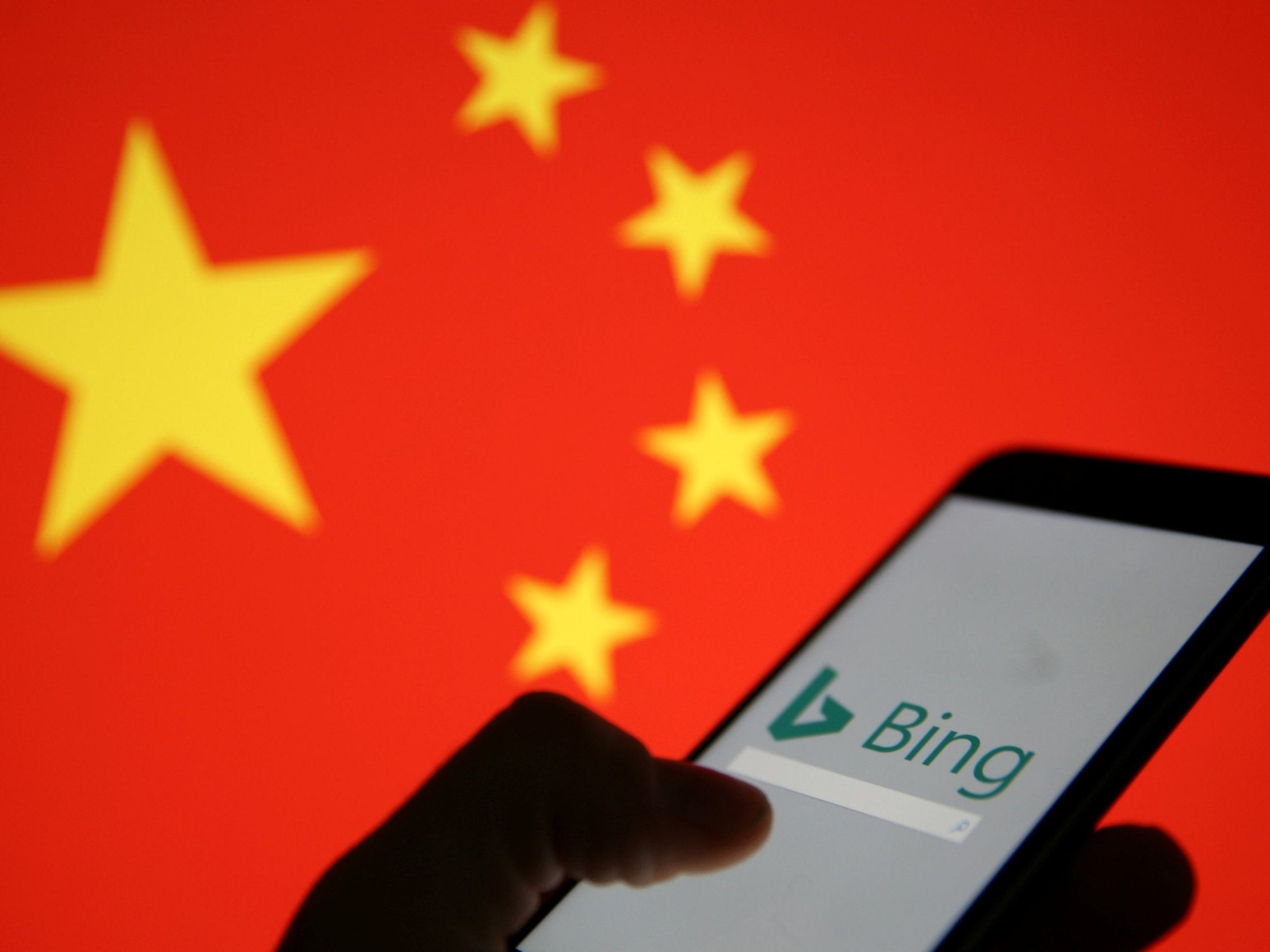Chinese authorities ‘cut off foreign reporter’s phone call with young son’, amid growing crackdown on journalists
One reporter ‘detained and told weather was too windy to continue on highway that hundreds of other vehicles continued to drive on’

Your support helps us to tell the story
From reproductive rights to climate change to Big Tech, The Independent is on the ground when the story is developing. Whether it's investigating the financials of Elon Musk's pro-Trump PAC or producing our latest documentary, 'The A Word', which shines a light on the American women fighting for reproductive rights, we know how important it is to parse out the facts from the messaging.
At such a critical moment in US history, we need reporters on the ground. Your donation allows us to keep sending journalists to speak to both sides of the story.
The Independent is trusted by Americans across the entire political spectrum. And unlike many other quality news outlets, we choose not to lock Americans out of our reporting and analysis with paywalls. We believe quality journalism should be available to everyone, paid for by those who can afford it.
Your support makes all the difference.Foreign journalists in China say they are working under the most difficult conditions they have experienced for years, having been followed, harassed and denied accommodation by authorities.
One such instance saw a reporter’s phone call with her young son interrupted by authorities.
Beijing also ramped up threats to expel reporters by issuing short-term visas or declining to renew credentials, the Foreign Correspondents’ Club of China (FCCC) found in a survey of its members.
Reporters now also fear for the safety of their Chinese colleagues and sources, the survey showed, with one bureau chief calling conditions “by far the worst I’ve seen working as a journalist in China or Hong Kong since 2000”.
The government has become “more sophisticated” in its use of surveillance, FCCC president Hanna Sahlberg said, as “the wider monitoring and pressure on sources stop journalists even before they can reach the news site”.
More than 100 journalists responded to the survey which revealed that interference was particularly rife in China’s Xinjiang region, where hundreds of thousands of Muslims have been detained in re-education camps.
Nearly half of respondents to the FCCC’s survey (48 per cent) said they had been followed, and two-thirds said they were concerned about surveillance inside their homes and offices. More than half (55 per cent) agreed things were getting worse.
Almost one-quarter (25 per cent) said they were aware authorities had tracked them using China’s extensive public surveillance apparatus, which has been massively expanded under Xi Jinping’s premiership.
In one example, BBC journalist Kathy Long said a phone conversation with her young son was cut off and a recording of the call played back down the line to her, which she described as “highly distressing”.
Another reporter said that “in my phone I have actually seen them in my Gmail opening and closing files”.
And low-tech surveillance still has its place, with a US journalist telling the FCCC their “hotel rooms [were] repeatedly entered for ‘cleaning’ despite do-not-disturb signs and requests to [the] manager while covering government events”.
Interference by officials sometimes descends into farce, the report shows. One western journalist said they had been “detained and told the weather was too windy to continue on a highway that hundreds of other vehicles continued to drive on” in Xinjiang.
And a journalist from the Agence France-Presse news agency was stopped from completing a report on a pig that became a national icon after surviving the deadly Sichuan earthquake in 2008. Plainsclothes police officers broke up a related interview and demanded to know his plans for covering the anniversary, the FCCC said.
Tailing, harassment and grilling of interviewees – or simple denial of access – take place even in parts of China where travel is not officially restricted, the FCCC report said.
A “dramatic change in the last five years” has left foreign reporters sometimes unwilling even to make contact with domestic sources for fear their contacts will be arrested, according to Tom Mitchell, the Financial Times’s Beijing bureau chief.
China’s ministry of foreign affairs has been contacted for comment.
Join our commenting forum
Join thought-provoking conversations, follow other Independent readers and see their replies
Comments